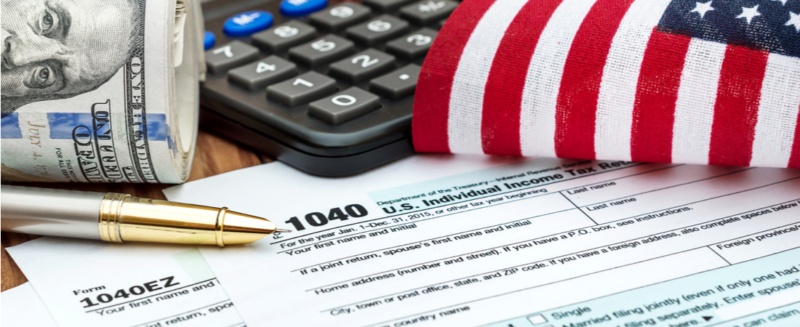January 15 is the due date for the final payment on estimated 2012 IRS, state, and city income taxes. (You may have already paid the state in December to snag that extra deduction last year).
Generally, if you’re going to owe more than $1,000 to the IRS on April 15, you’re going to be on the hook for estimated tax (ES) payments. Another way to tell if you owe estimated taxes is if your withholding and refundable credits will be less than the smaller of:
a) 90 percent of the tax to be shown on your 2012 tax return
b) 100 percent of the tax shown on your 2011 tax return, covering 12 months
Who must make 2012 ES payments?
1) Self-employed folks (those who get a 1099) or partnerships with a business profit. Having no cash in the bank at the end of the year doesn’t mean you had no profit. This is a common error. You feel there’s no profit because there’s no money left—but you actually lived on the profits all year, paying rent or mortgage, insurance, and utilities; buying food; going to shows; and so on. (That’s what bookkeeping is for—to generate the numbers throughout the year.) When you have a profit throughout the year, not only do you face income taxes but you also face self-employment taxes, which are 13.3 percent of your business profits.
2) People living on investment income, including dividends, interest, partnership draws, and capital gains proceeds. Mutual funds post capital gains profits at the end of the year. While the income might be high, you may treat that income as having been earned in December. This means that your final estimated tax payment may be the highest amount. (There is a special computation on page 4 of Form 2210 to help you avoid late payment penalties when your income is not earned evenly all year.)
3) People who have been collecting unemployment income. Yes, this is definitely taxable for IRS purposes. Most states tax this income as well. This generally comes as a shock at tax time when the tax return shows a significant balance due that folks were not expecting. Avoid making estimated tax payments by having withholding taken out as you go along. Most people facing the huge income loss from unemployment don’t feel they can even live on those low payments, much less on the unemployment payments reduced by withholding. Sadly, though, taxes will be due.
4) People living on Social Security (SS) who also have other income. True, SS and SS disability income are not taxable if that’s the only income you receive. But when you also receive other income, it’s quite likely that up to 85 percent of your Social Security income will be taxed when you’re paying taxes.
What happens if you don’t make your estimated payments when they are due? No worries—if you don’t mind giving the IRS and your state a few extra bucks. You’ll just pay some penalties.
Eva Rosenberg, EA is the publisher of TaxMama.com , where your tax questions are answered. Eva is the author of several books and ebooks, including the new edition of Small Business Taxes Made Easy. Eva teaches a tax pro course at IRSExams.com and tax courses you might enjoy at http://www.cpelink.com/teamtaxmama.






